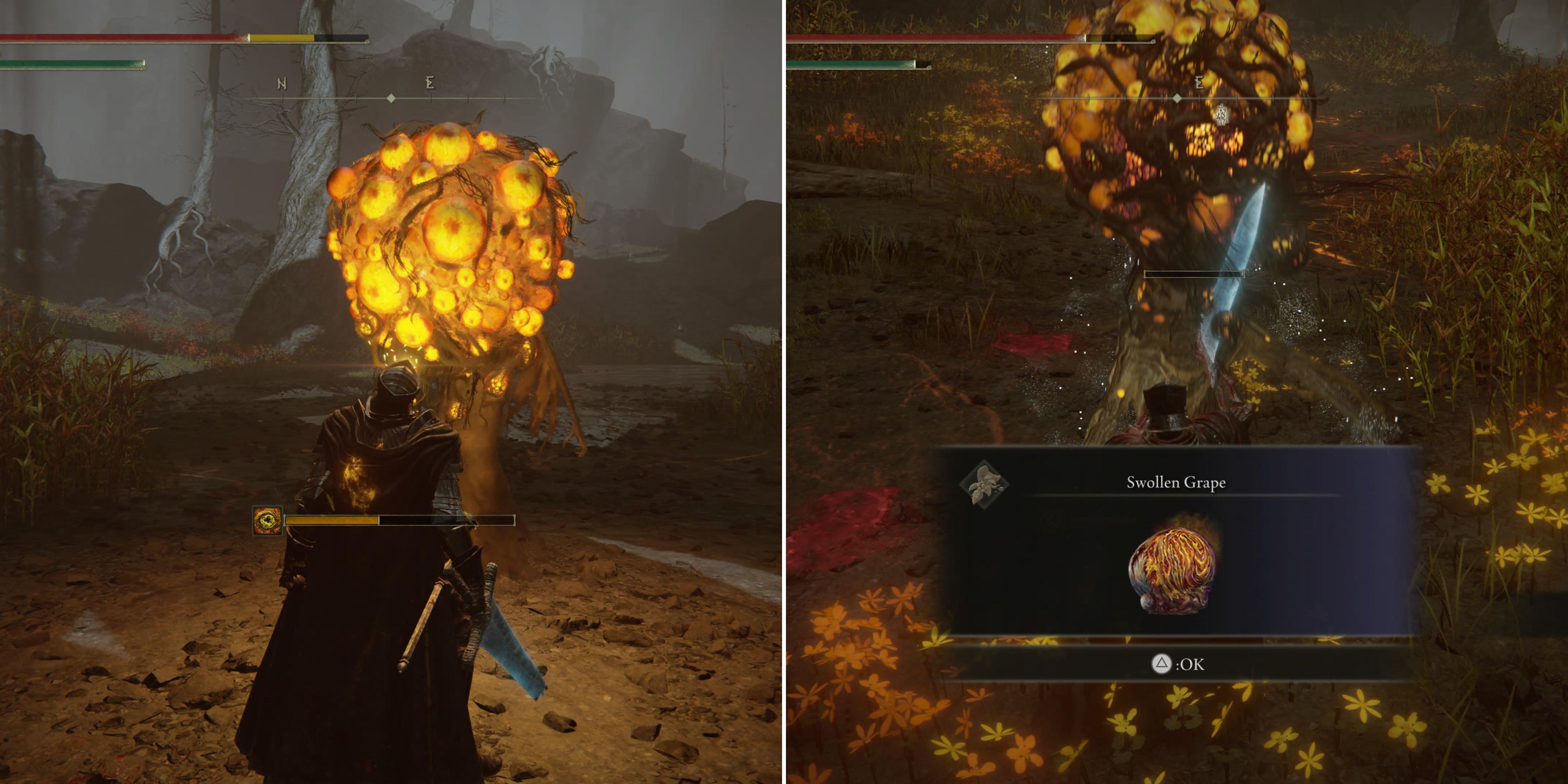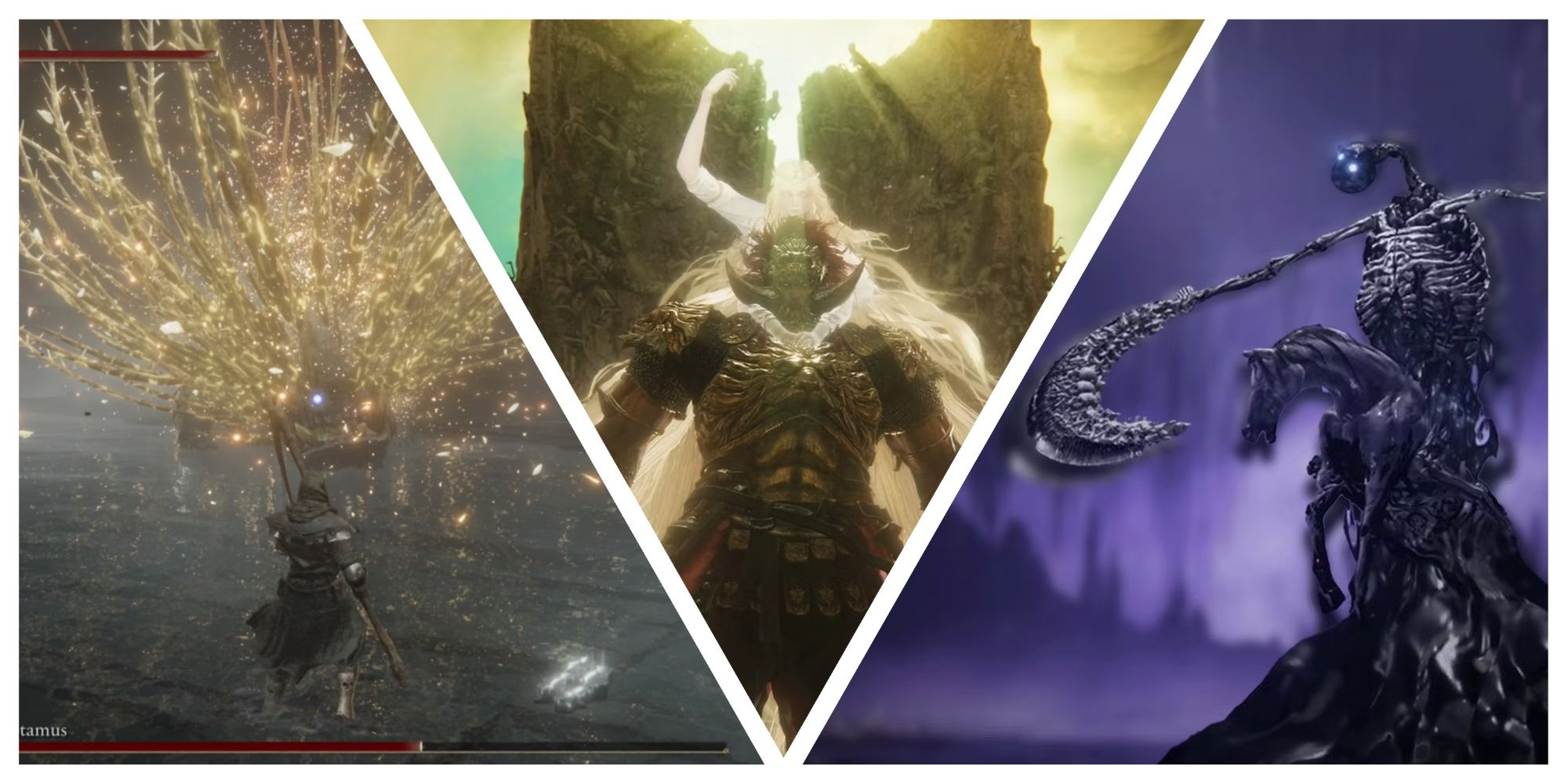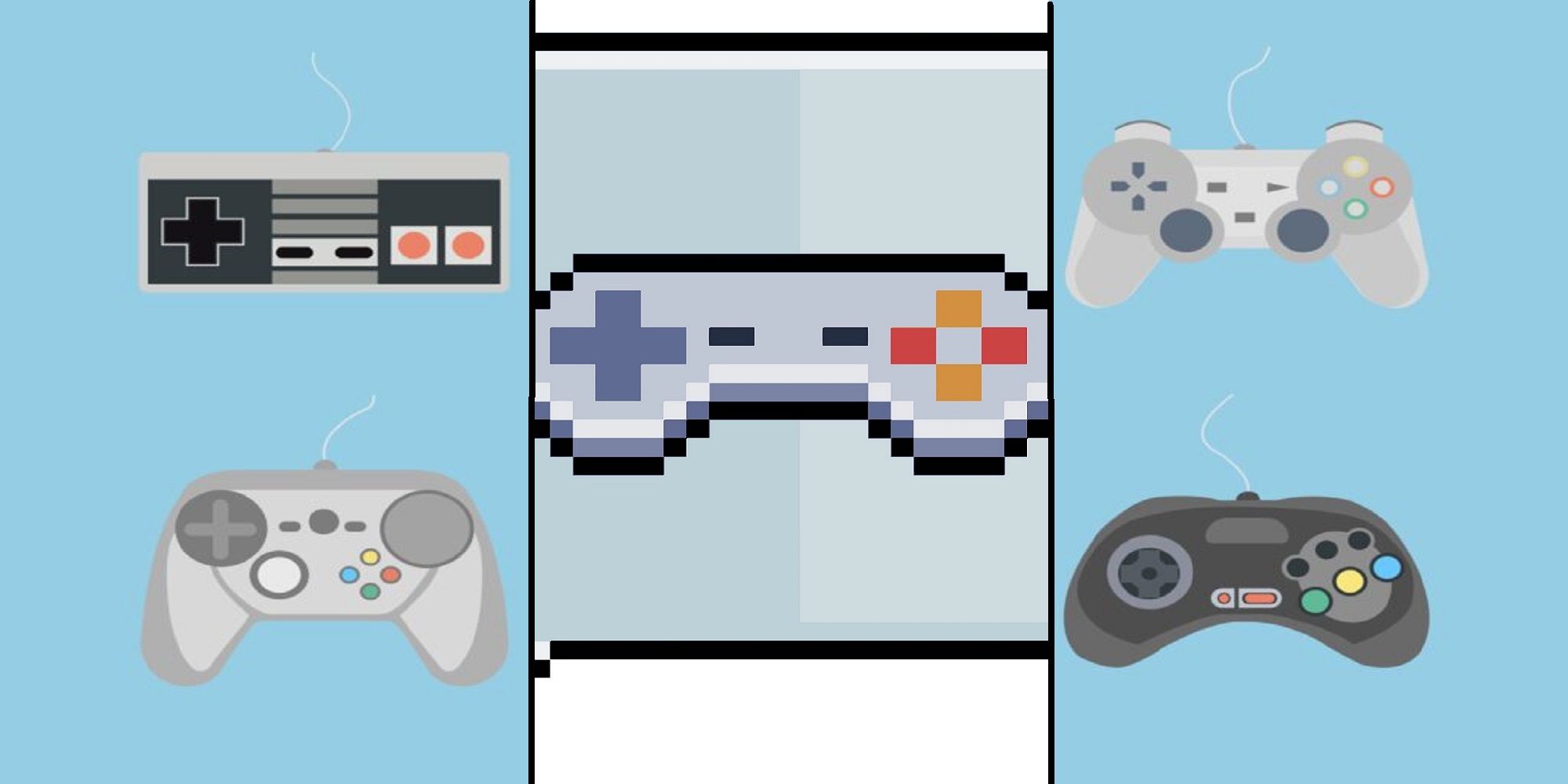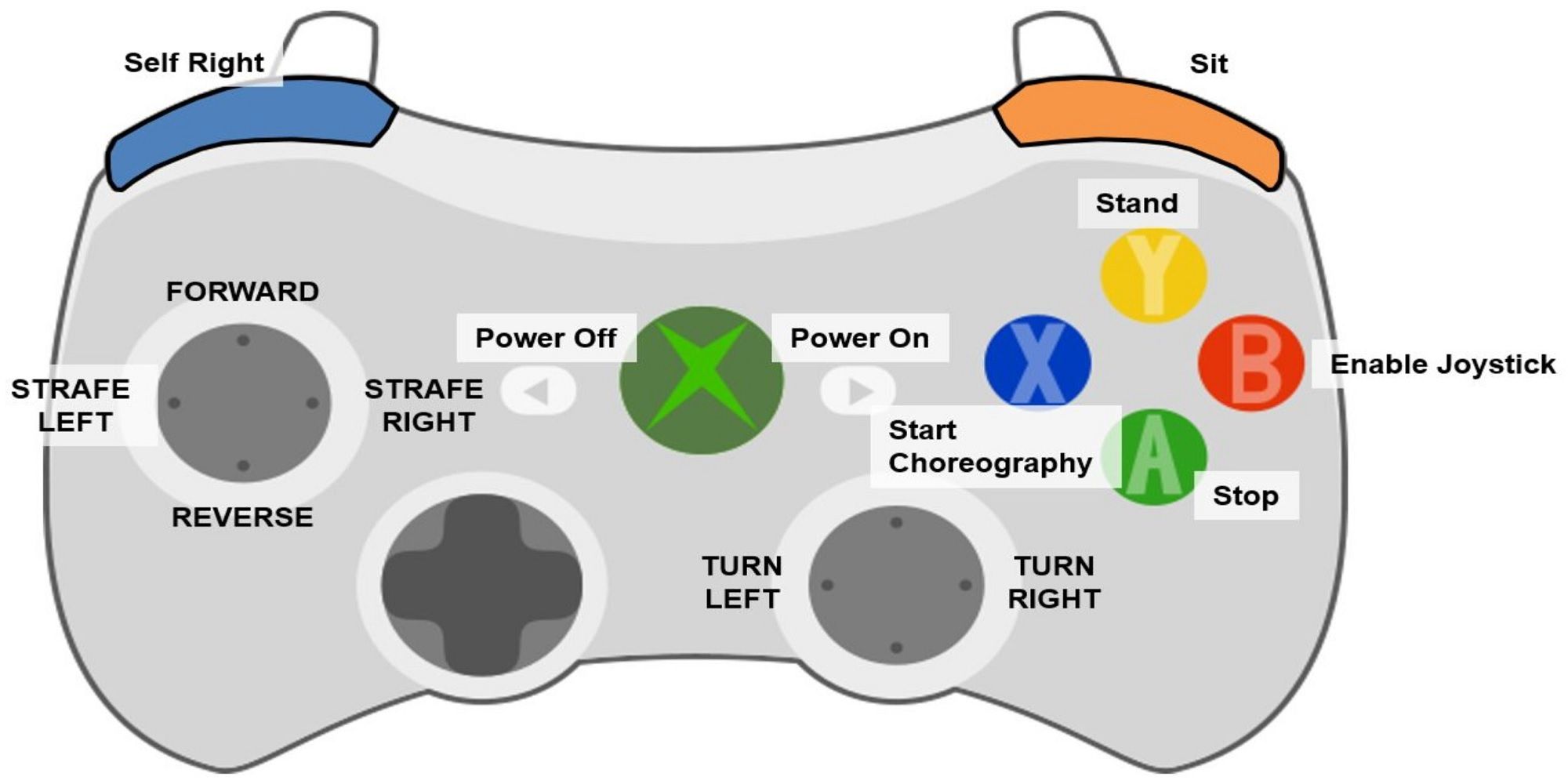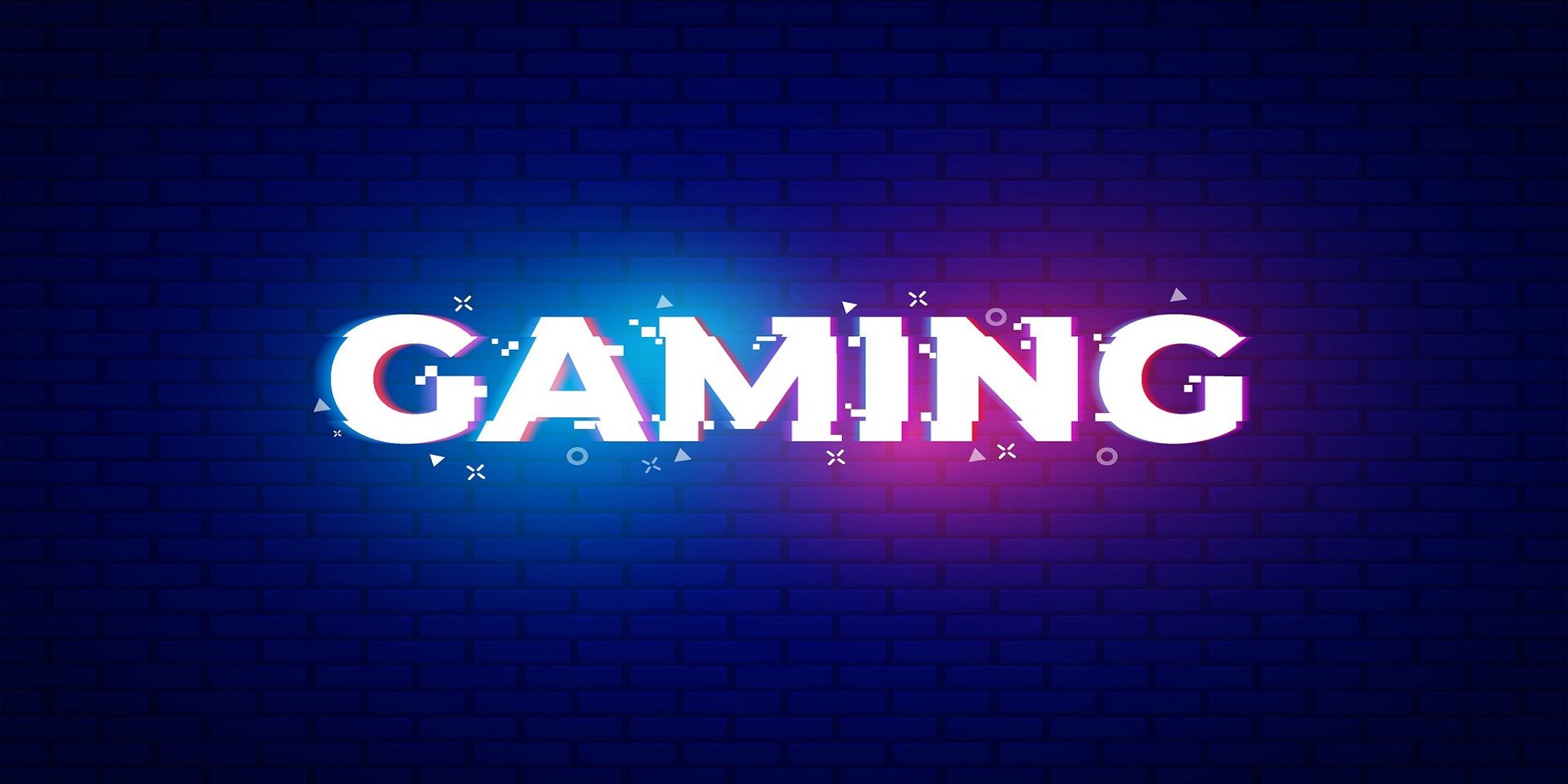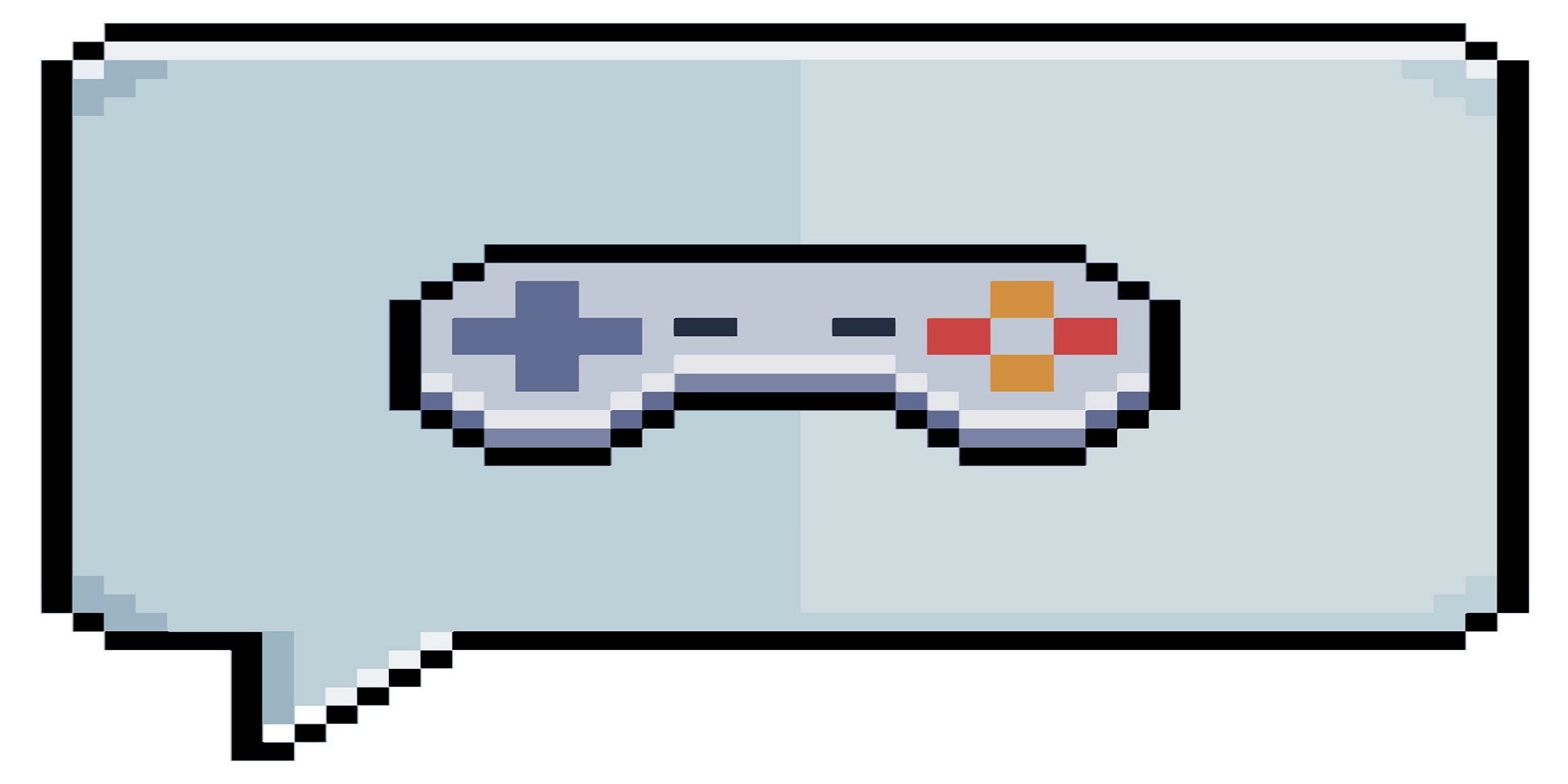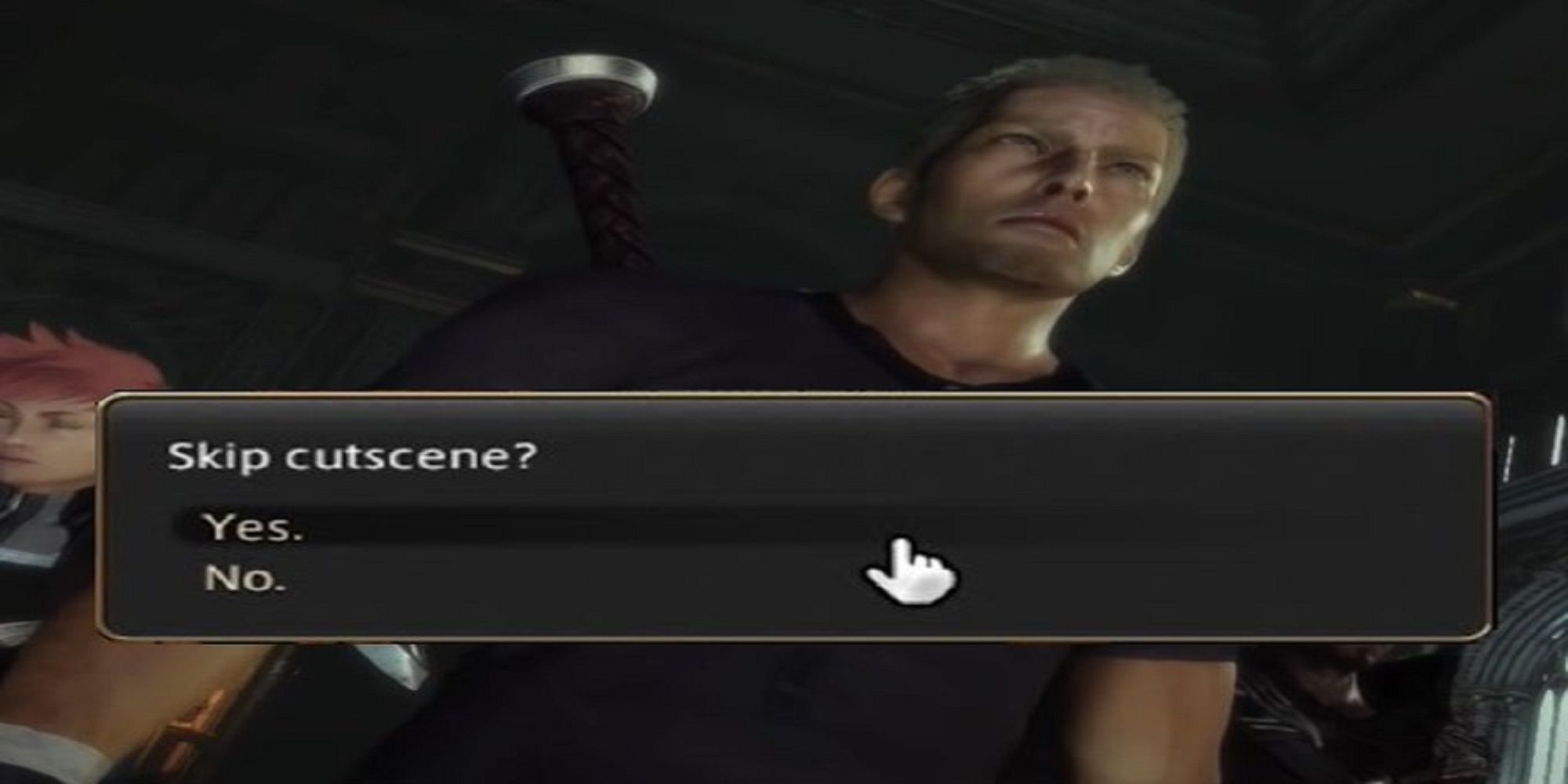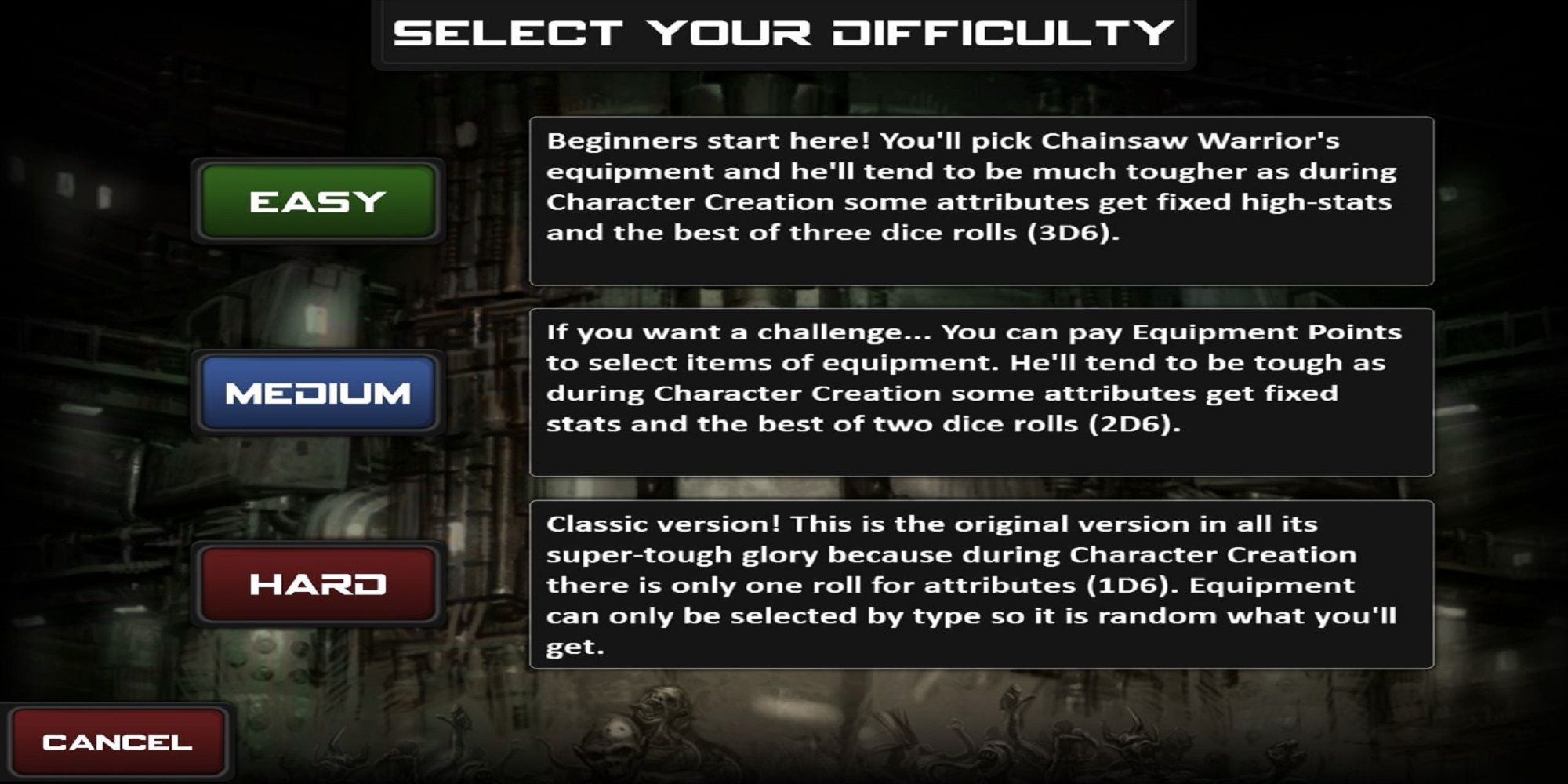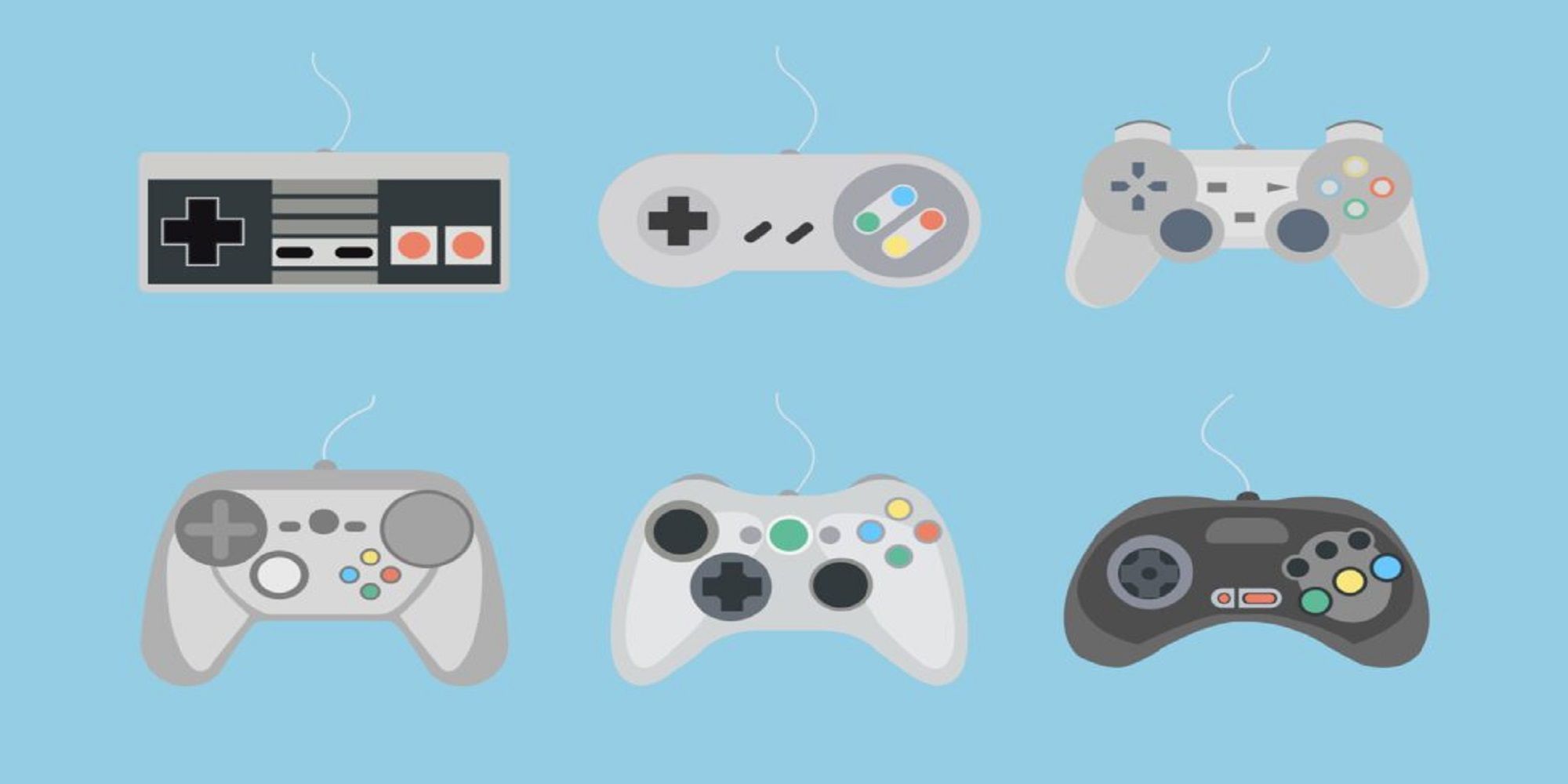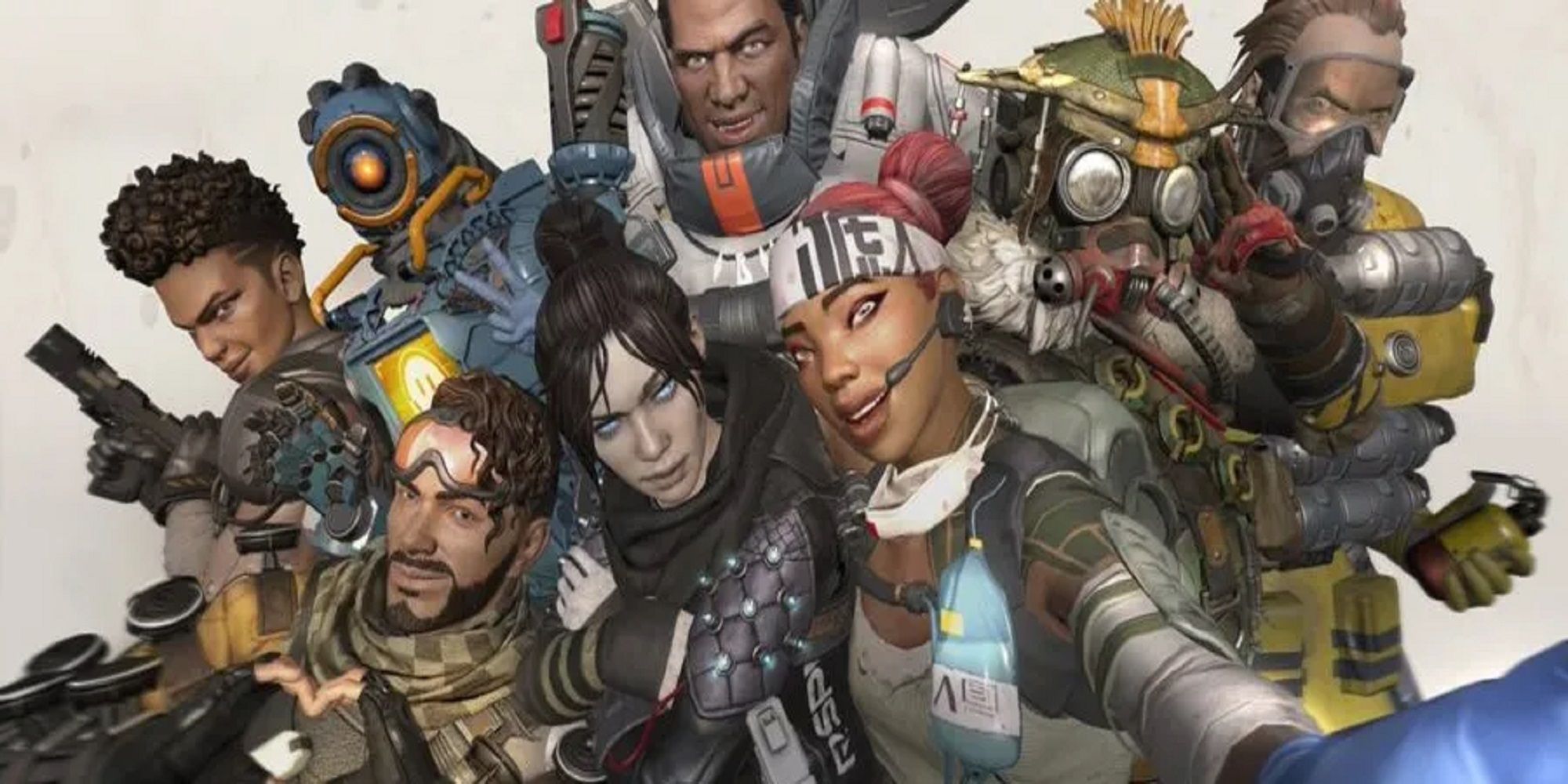While not all games are going to be a problem for everybody with mild learning difficulties (MLD), consideration for this demographic in development will only add to a title or console’s fan base. Whether looking at how systems can be modified to include MLD-friendly modes or how games can alter narrative and visual elements, there are numerous avenues to making the world of gaming more inclusive for people with MLD.
While gaming has long been a forerunning for inclusivity among media platforms, there are still some big leaps forward to make. From moderate and mild to severe and profound, people with learning difficulties are an extremely underrepresented demographic in games. Alongside a lack of visual representation, there appears to be little to no thought given to making games and consoles more accessible to this group. While more extensive thought might be given for all with additional needs, the following is a list of relatively simple suggestions for gaming developers to take on board for those with moderate or mild learning difficulties.
8 Simplify Controls
During the 80s and early 90s, games for leading home consoles had relatively simple control systems. With controllers typically possessing between 2 and 6 action buttons and a D-pad, and gaming formats limited, gameplay configurations were naturally simpler. As time has gone on, the ability to play video games has required an increasingly complex skill set due to more intricate controls. This alone may have left some users with MLD behind.
While it is possible for players to change button configurations on many games, the process itself is not always simple. With people with MLD and perhaps those with a physical disability in mind, it might be an apt suggestion for game developers to provide several simplified pre-set button configurations.
7 Reduce Text
Throughout video gaming history written text has been the primary avenue for developers to convey information. From all that can come with setting up a modern game, to in-game directions, text still plays a prominent role, despite the use of speech.
In an effort to provide clearer and more concise instructions for those in need, giving games the option of simplified text might prove successful. Developers might reduce the whole text down to keywords and simpler sentences while providing some additional visual cues to supplement speech.
6 Visual Instructions
While text has always been the primary form of conveying information in video games, visual cues and clues are a close second in modern games. To complete a task, solve a puzzle or navigate through levels and games, players must soak in the visual data and act accordingly. Oftentimes, games may include a tutorial mode which provides extra visual prompts to help players learn the ropes. Why not expand these into whole game modes that provide numerous extra visual aids?
Additional visual information that developers might include to aid people with MLD could include the game characters using a form of sign language or pointed gestures. On top of this, games might include the option of visual symbols to assist the existing text and speech.
5 Speech Repetition
While not all games have taken on the mammoth task of hiring voice actors and equipping their characters with the power of voice, many have. The addition of speech alone will undoubtedly open the door to gaming for many with difficulties reading. But, for many, large sentences and huge amounts of dialogue can often be hard to keep track of.
With this in mind, it may be worth developers providing an option that reduces speech to simple instructions and details while also considering repeating the speech.
4 Skip Option
The idea of skipping aspects of computer games is not a new idea. Skipping cut scenes is an age-old tradition that can spark debate among those who wish to take in the whole story and those eager to get to playing. But what about the ability to skip whole sections of games?
For the sake of those who do not have the ability to reap the euphoric benefits of completing a game, the notion of skipping may be alluring. Perhaps built into a specific mode to help those with MLD, skipping could involve missing any specific parts of a game while gaining the necessary attributes to continue.
3 More Difficulty Settings
There are many folks in the gaming universe who would much prefer to have all manner of uber-difficult god modes, but, for many, both children and people with learning difficulties specifically, easier options may be better.
While it may be a stretch to include a larger range of difficulty levels, consideration for people with MLD is a worthy reason for developers to do so. Easier settings may include a reduction in adversaries, extra attributes, slower movements and simpler button configurations.
2 Specialized Controllers
Given that individuals with a range of disabilities have been playing computer games since they were conceived, there is a noticeable lack of equipment that might facilitate their inclusion. Given the range of ways that disabilities can affect people, there are any number of controller designs that might be suggested.
But, for people with MLD who do not have an additional physical disability, a simple solution might be offered. Bigger controllers, with bulkier buttons, maybe the option. With clearer details on each aspect of the control pad, this may better facilitate people with learning difficulties.
1 More Representation
It is fair to suggest that no media platform has achieved the right semblance of representation for each and every demographic, and may never will. Still, there is an ongoing conversation about the benefits of having representation for everyone, and with gaming arguably the most progressive platform for diversity, it might be time to include more people with learning difficulties.
While the inclusion of people with any manner of learning difficulties may not specifically entice individuals to play, it can have a reciprocating effect that results in more inclusion. If games can help spread awareness and work to educate people about individuals with MLD and other disabilities, there is a chance they will be more prominent in the minds eyes of developers when making games.

